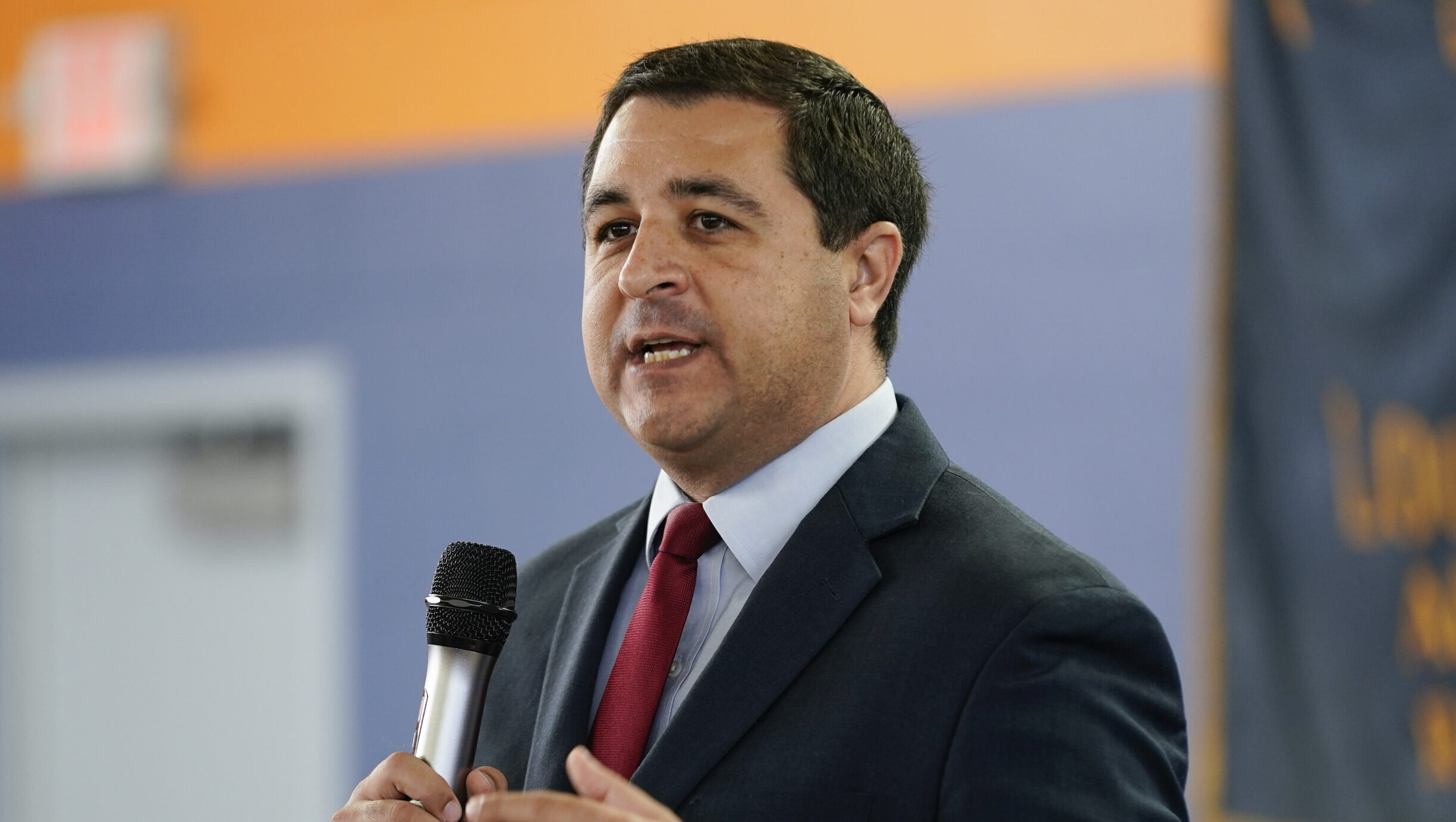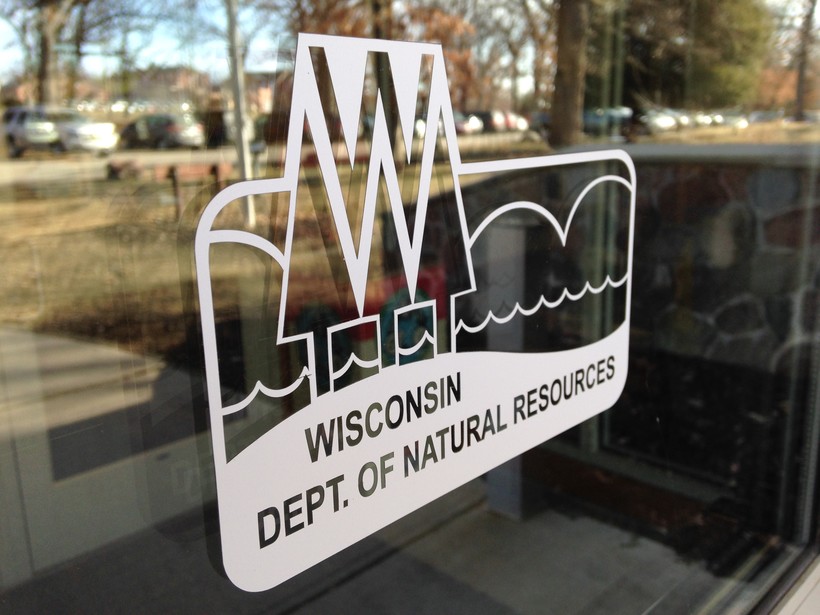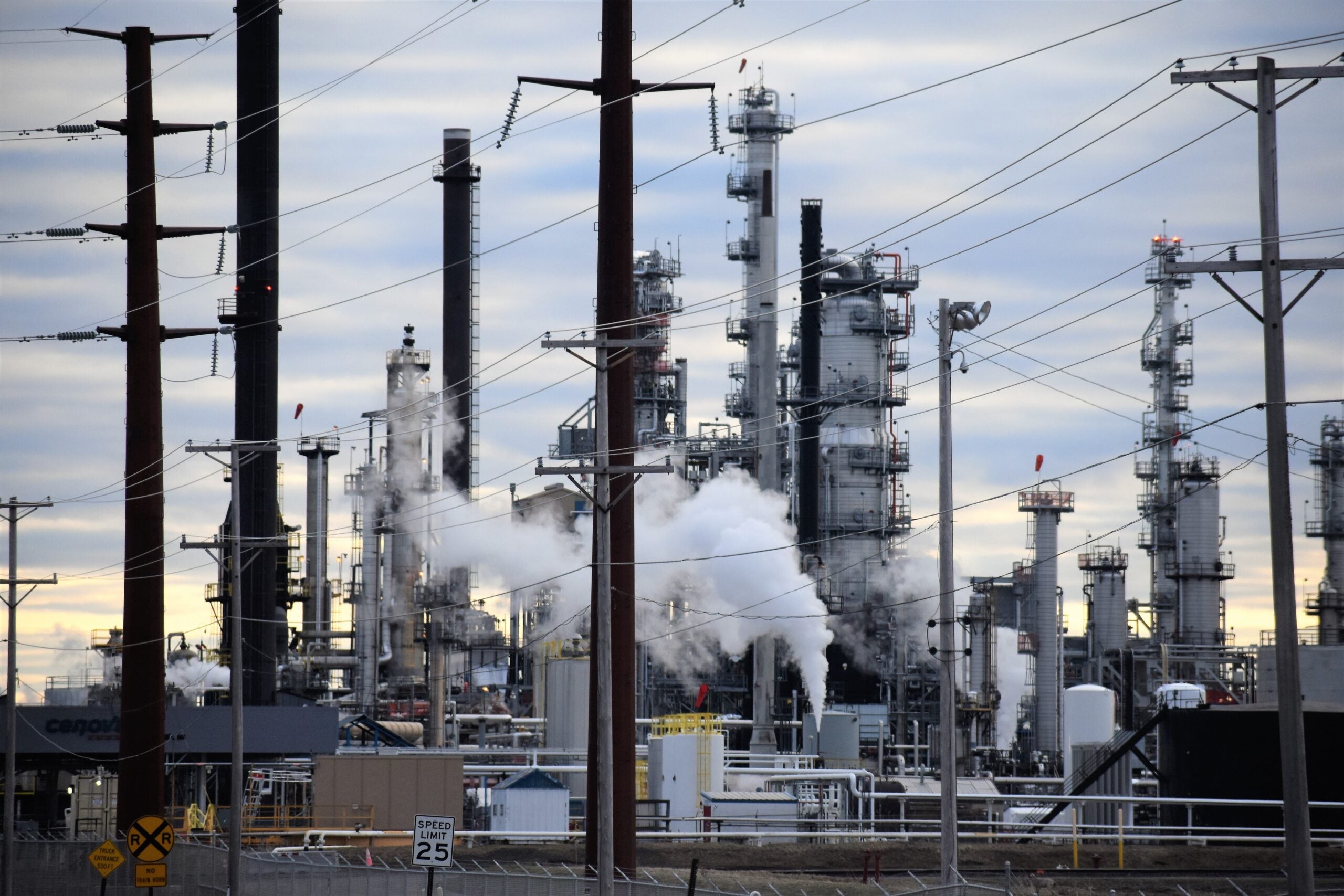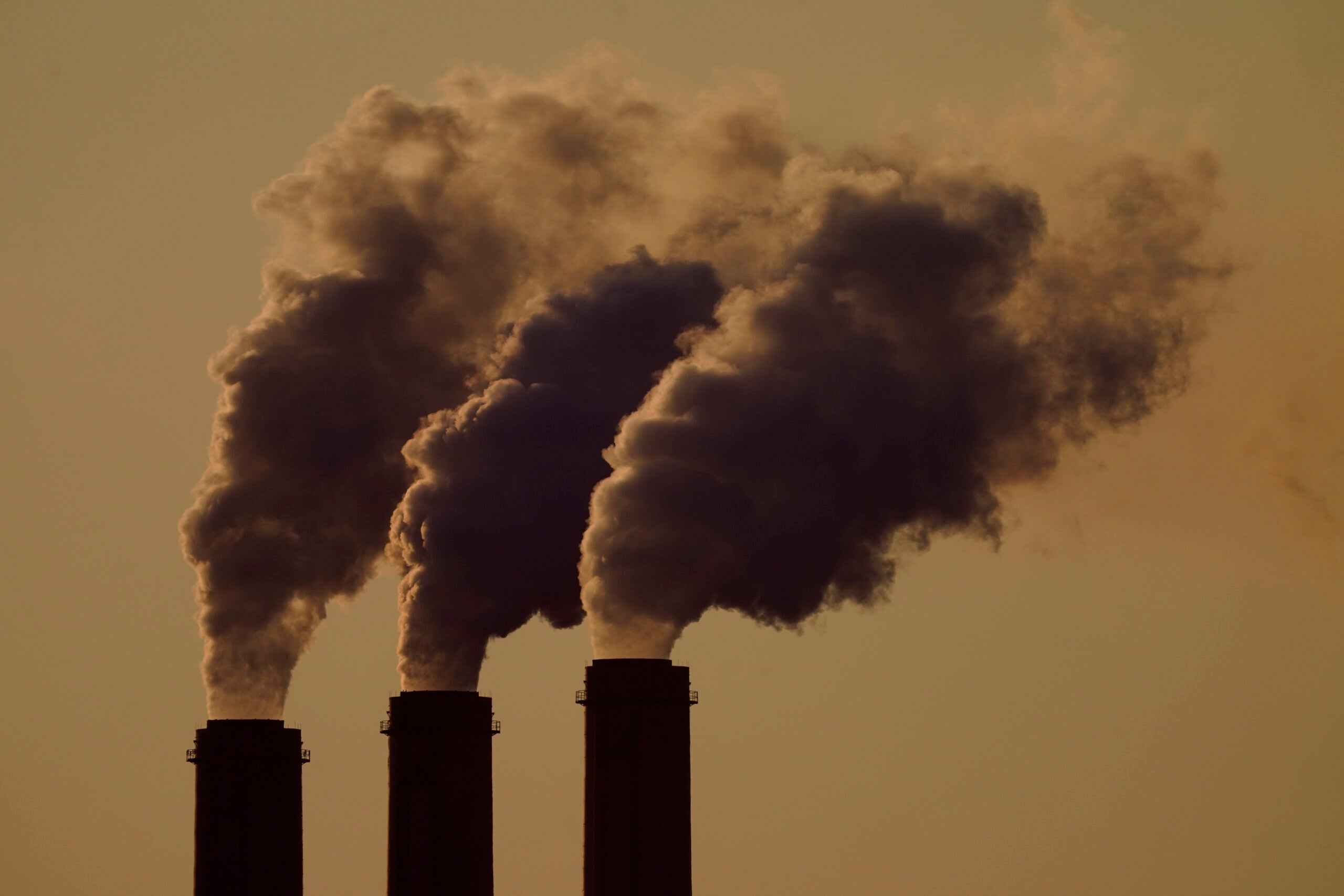Wisconsin Attorney General Josh Kaul is joining 15 other Democratic attorneys general intervening in a case that challenges Clean Air Act regulations.
In November, the Environmental Protection Agency finalized changes on how states must meet clean air standards under the regulations. The updates govern state plans to limit air pollution, including greenhouse gas emissions from power plants.
The final rule set timelines providing a framework for states to develop plans that set and enforce emission standards for existing power plants. Kaul said the rule would allow states to adopt more stringent standards for facilities than what’s required under federal law.
News with a little more humanity
WPR’s “Wisconsin Today” newsletter keeps you connected to the state you love without feeling overwhelmed. No paywall. No agenda. No corporate filter.
In January, West Virginia and a group of other states challenged the regulations in a federal appeals court. They argue the EPA is going beyond its authority with the proposed changes.
Kaul is defending the EPA’s regulations.
“The changes that the states challenging these regulations are seeking would weaken efforts to limit air pollution,” Kaul said in a statement. “We must not take a step backward in protecting clean air and combating the climate crisis.”
The changes would also allow states more time to submit plans and update how states can engage with communities affected by power plants. The EPA plan also provides a process states can follow that allows facilities to meet less stringent standards based on their remaining useful life. Under that process, power plants may also receive more time to comply with the regulations.
The challenge comes after a U.S. Supreme Court decision in 2022 limited the EPA’s authority to issue regulations that would curb carbon emissions from power plants under the Clean Air Act. The decision limited the agency’s ability to regulate pollution only at the facility through emission controls rather than considering other options, such as adopting clean energy projects.
Wisconsin Public Radio, © Copyright 2025, Board of Regents of the University of Wisconsin System and Wisconsin Educational Communications Board.







